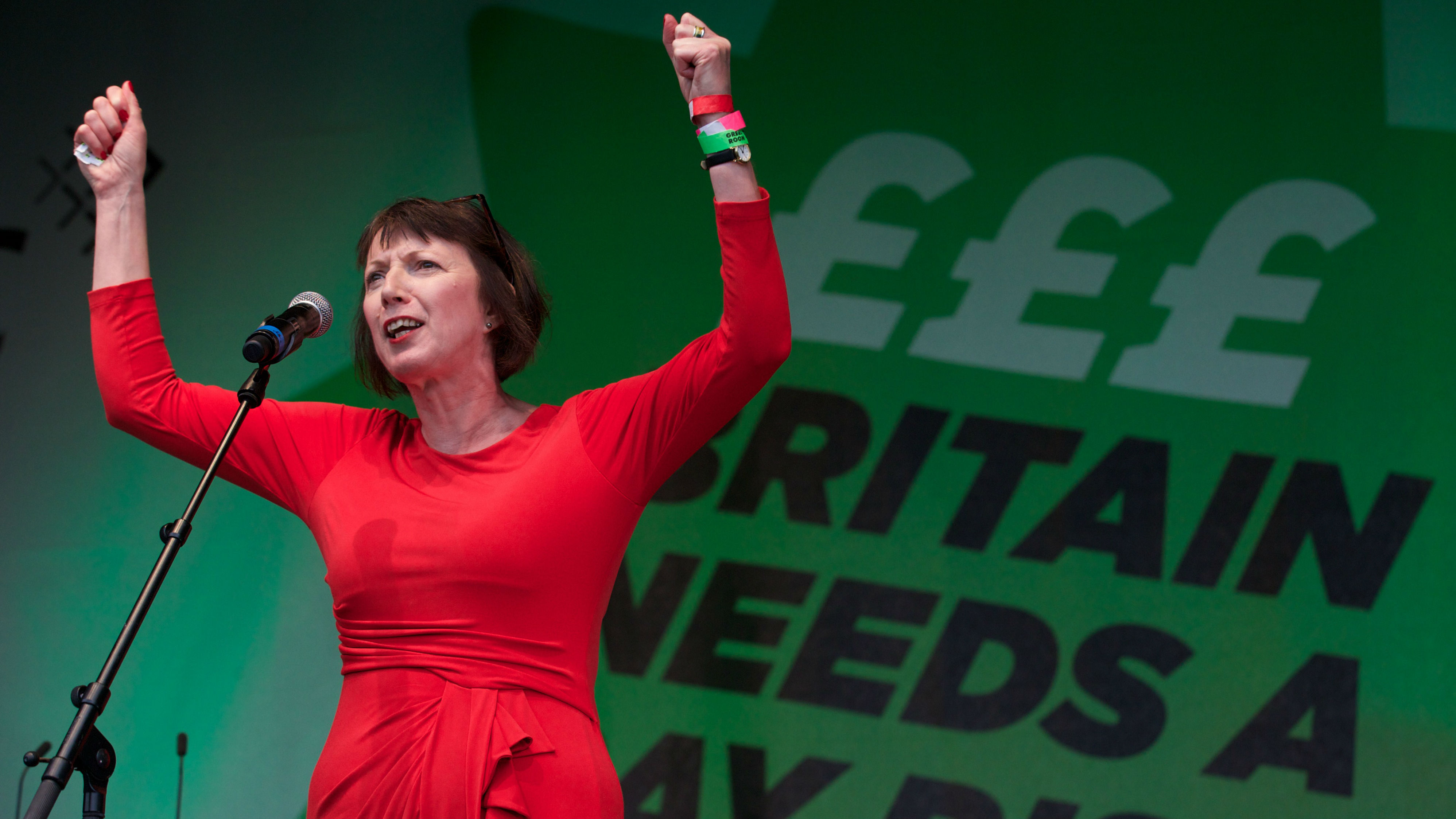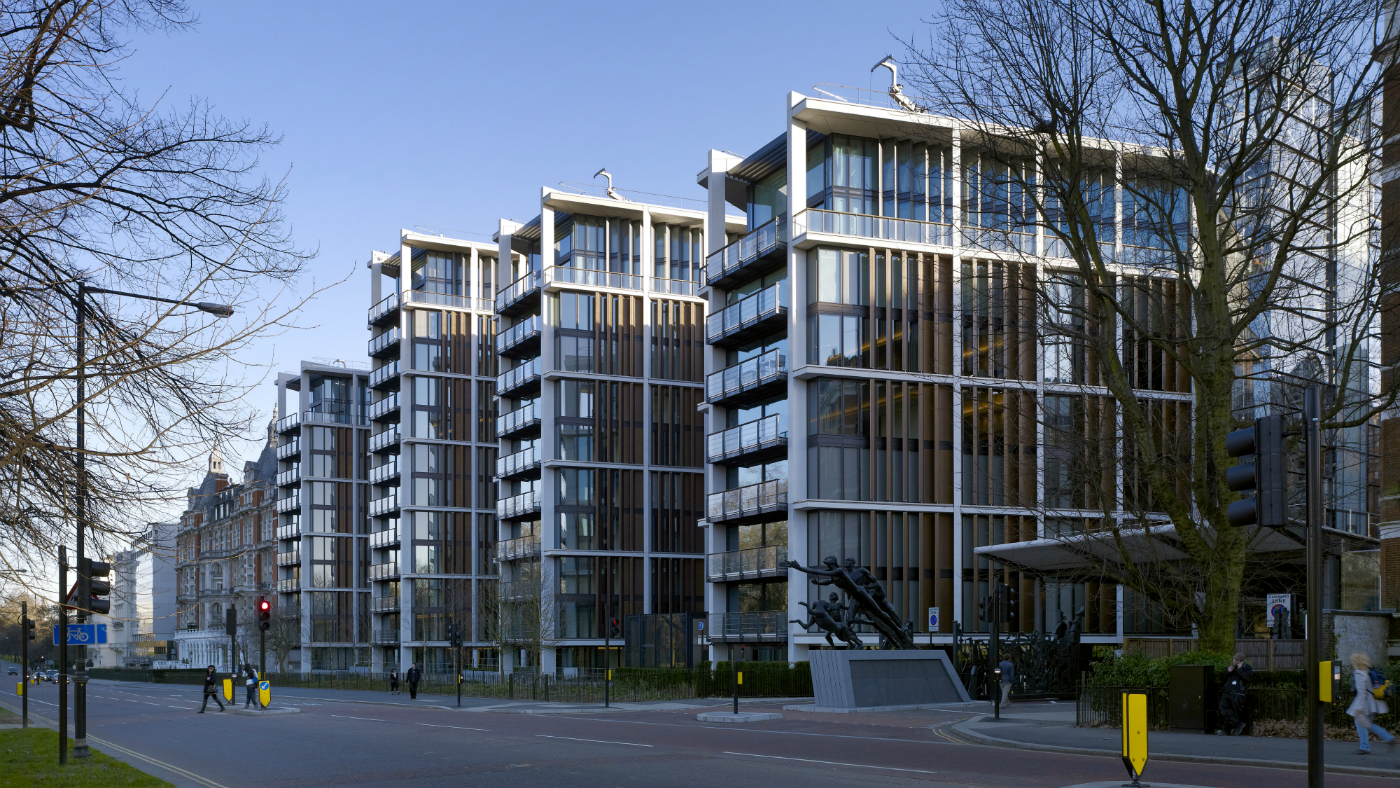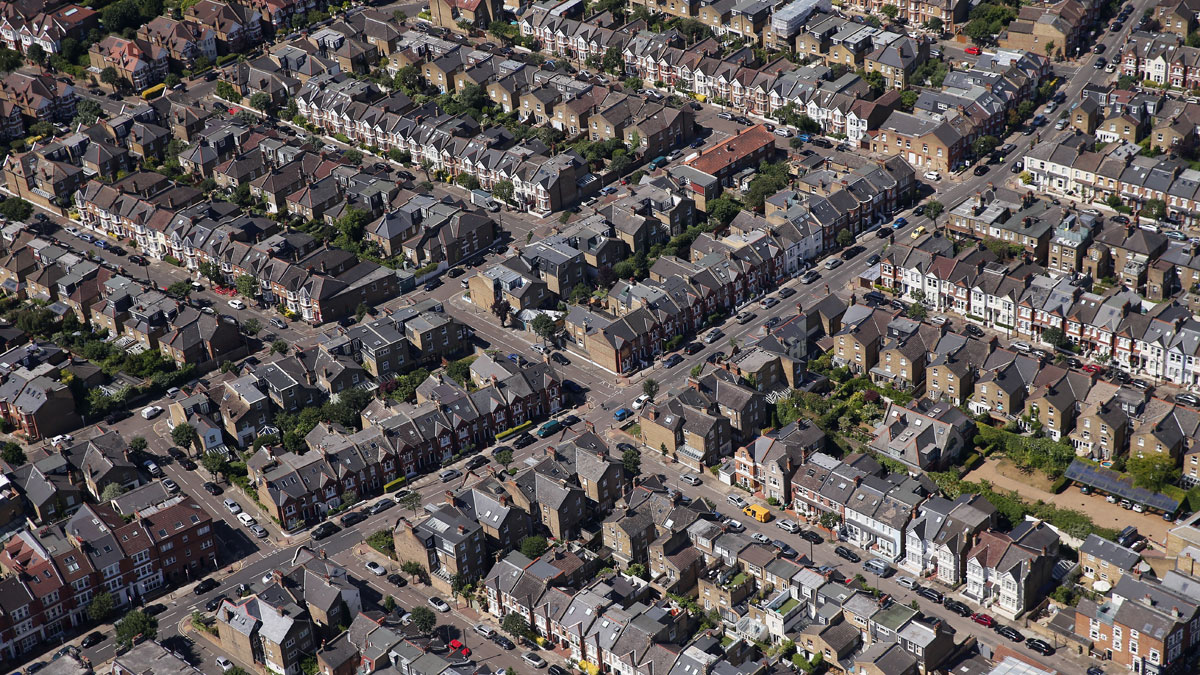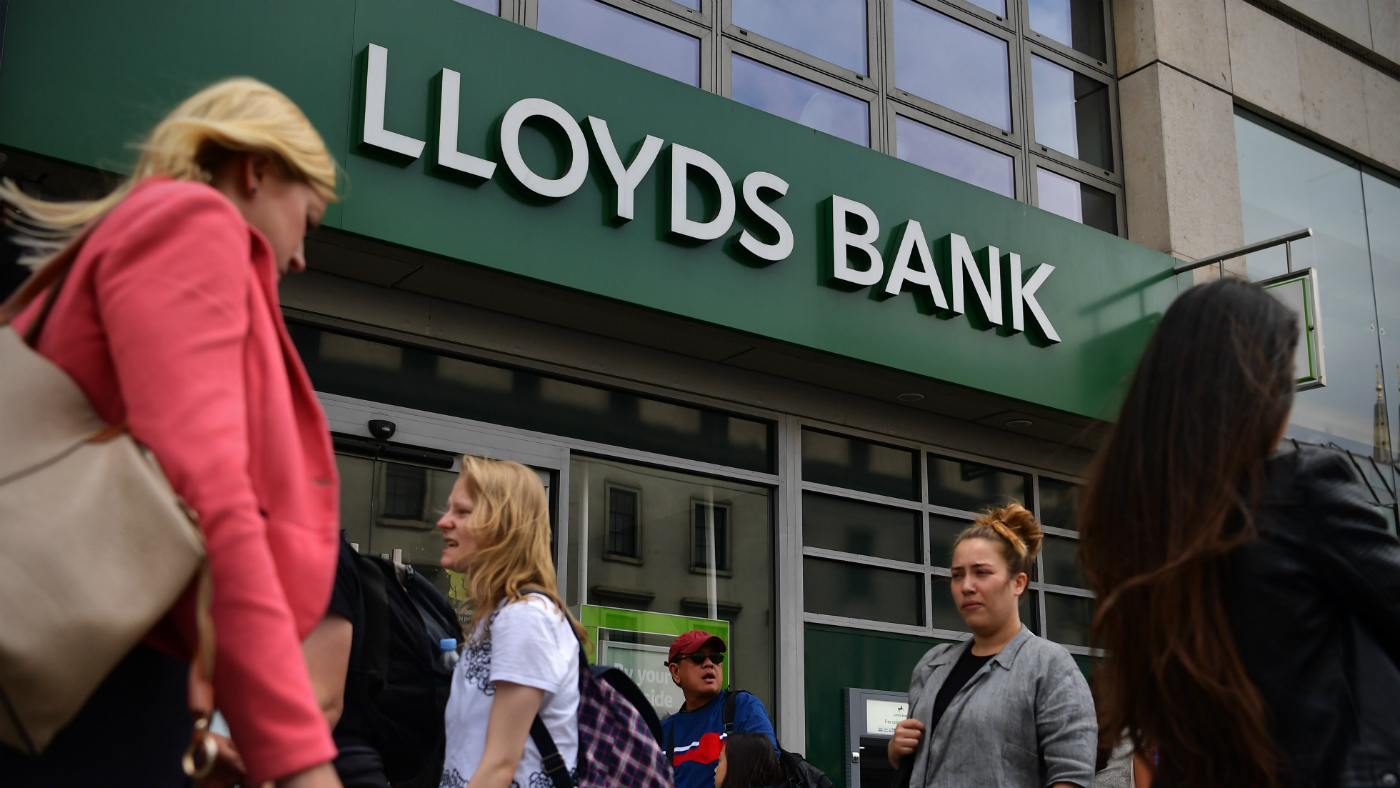More than a million low-income households in 'extreme debt'
TUC calls for higher wages to 'be at the heart' of new government's economic plan

A free daily email with the biggest news stories of the day – and the best features from TheWeek.com
You are now subscribed
Your newsletter sign-up was successful
More than a million households are in "extreme problem debt", according to a report published by the Trades Union Congress.
After analysing official data and surveys, the umbrella organisation for the UK's unions estimates that 3.2 million households are in problem debt - spending more than 25 per cent of their income on debt repayments, says The Guardian.
Some 1.6 million are in extreme debt, where 40 per cent of their total income is servicing their borrowings, and of these, "more than one million" have a total household income below £30,000 a year, the TUC adds. The Financial Times says the true figure is estimated to be around 1.2 million.
The Week
Escape your echo chamber. Get the facts behind the news, plus analysis from multiple perspectives.

Sign up for The Week's Free Newsletters
From our morning news briefing to a weekly Good News Newsletter, get the best of The Week delivered directly to your inbox.
From our morning news briefing to a weekly Good News Newsletter, get the best of The Week delivered directly to your inbox.
The report blames the fall in real wages over the past decade – according to the Organisation for Economic Co-operation and Development (OECD), average UK pay adjusted for inflation has fallen by 10.4 per cent since 2005 – and says "ongoing wage stagnation is making the problem worse".
The proportion of working households in extreme problem debt has almost doubled from five to nine per cent since 2014.
Frances O'Grady, the TUC general secretary, says: "Families can't continue relying on credit cards and loans to get by, but with the average wage still worth £40 less than before the 2008 crash, lots of families have little choice.
"Higher wages must be at the heart of the government's economic plan. We need a return to proper year-on-year pay rises, and a higher national minimum wage."
A free daily email with the biggest news stories of the day – and the best features from TheWeek.com
A government spokesman told Sky News [4] it is doing just that - sticking to its plan to raise the minimum wage for those over the age of 25 at its fastest-ever rate. The idea is to make it the highest in the G7 by the end of the decade, under the so-called "national living wage".
The spokesman added that average living standards have increased due to near-zero inflation and that millions of low-income individuals are now paying less income tax.
This coincides with a period during which interest rates have hit record lows, making borrowing cheaper than ever.
-
 The 8 best TV shows of the 1960s
The 8 best TV shows of the 1960sThe standout shows of this decade take viewers from outer space to the Wild West
-
 Microdramas are booming
Microdramas are boomingUnder the radar Scroll to watch a whole movie
-
 The Olympic timekeepers keeping the Games on track
The Olympic timekeepers keeping the Games on trackUnder the Radar Swiss watchmaking giant Omega has been at the finish line of every Olympic Games for nearly 100 years
-
 Brits keeping 21 million ‘money secrets’ from friends and family, survey reveals
Brits keeping 21 million ‘money secrets’ from friends and family, survey revealsSpeed Read Four in ten people admit staying quiet or telling fibs about debts or savings
-
 London renters swap cramped flats for space in suburbia
London renters swap cramped flats for space in suburbiaSpeed Read New figures show tenants are leaving Britain's cities and looking to upsize
-
 Should the mortgage holiday scheme have been extended?
Should the mortgage holiday scheme have been extended?Speed Read Banks warn that some homeowners may struggle to repay additional debt
-
 RBS offers coronavirus mortgage holidays
RBS offers coronavirus mortgage holidaysSpeed Read Taxpayer-owned bank follows measures taken in virus-struck Italy
-
 What are the changes to National Savings payouts?
What are the changes to National Savings payouts?Speed Read National Savings & Investments cuts dividends and prizes for bonds
-
 China clears path to new digital currency
China clears path to new digital currencySpeed Read Unlike other cryptocurrencies, Beijing’s would increase central control of the financial system
-
 Why are donations surging to the RNLI?
Why are donations surging to the RNLI?Speed Read Charity enjoys flood of funding after criticism for overseas work
-
 PPI deadline day: how to claim
PPI deadline day: how to claimSpeed Read Final chance for consumers to apply for compensation